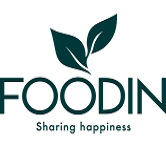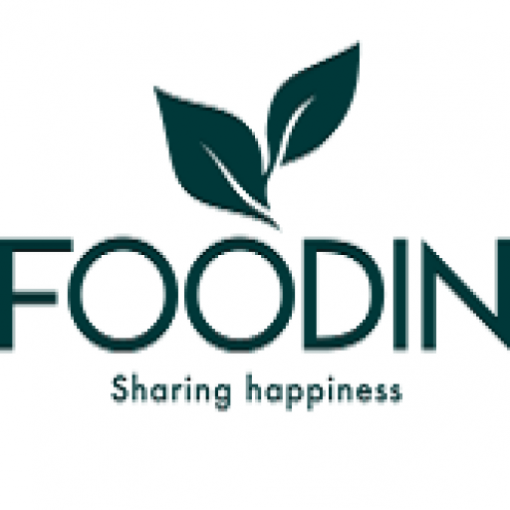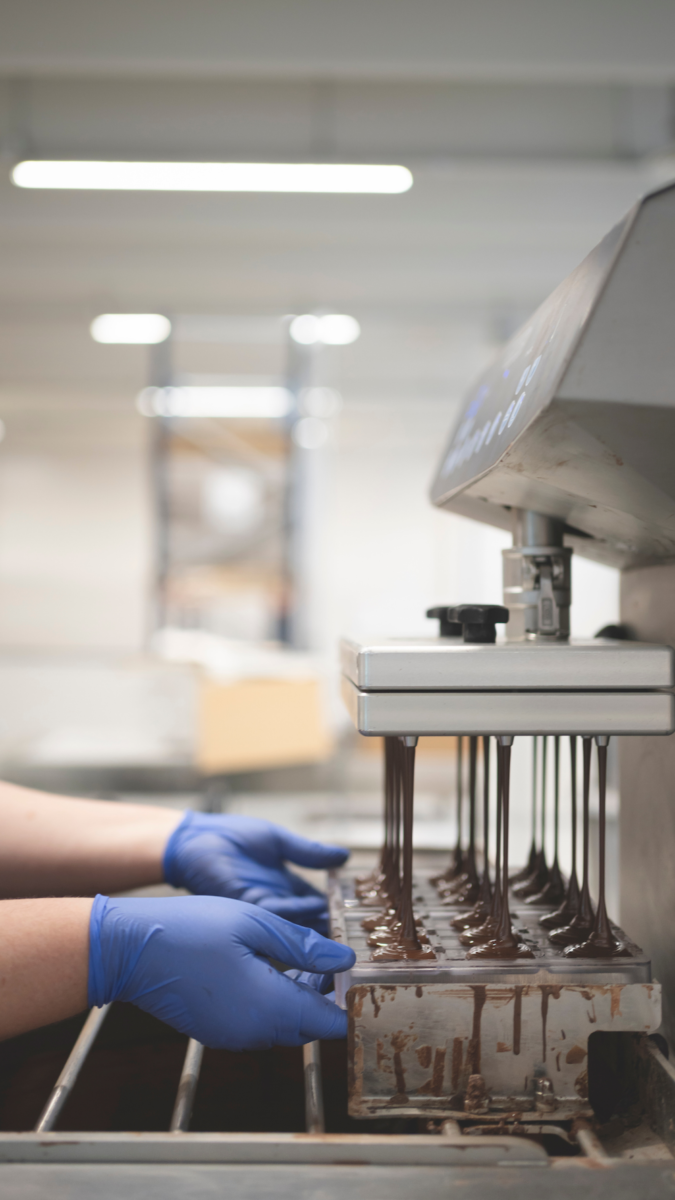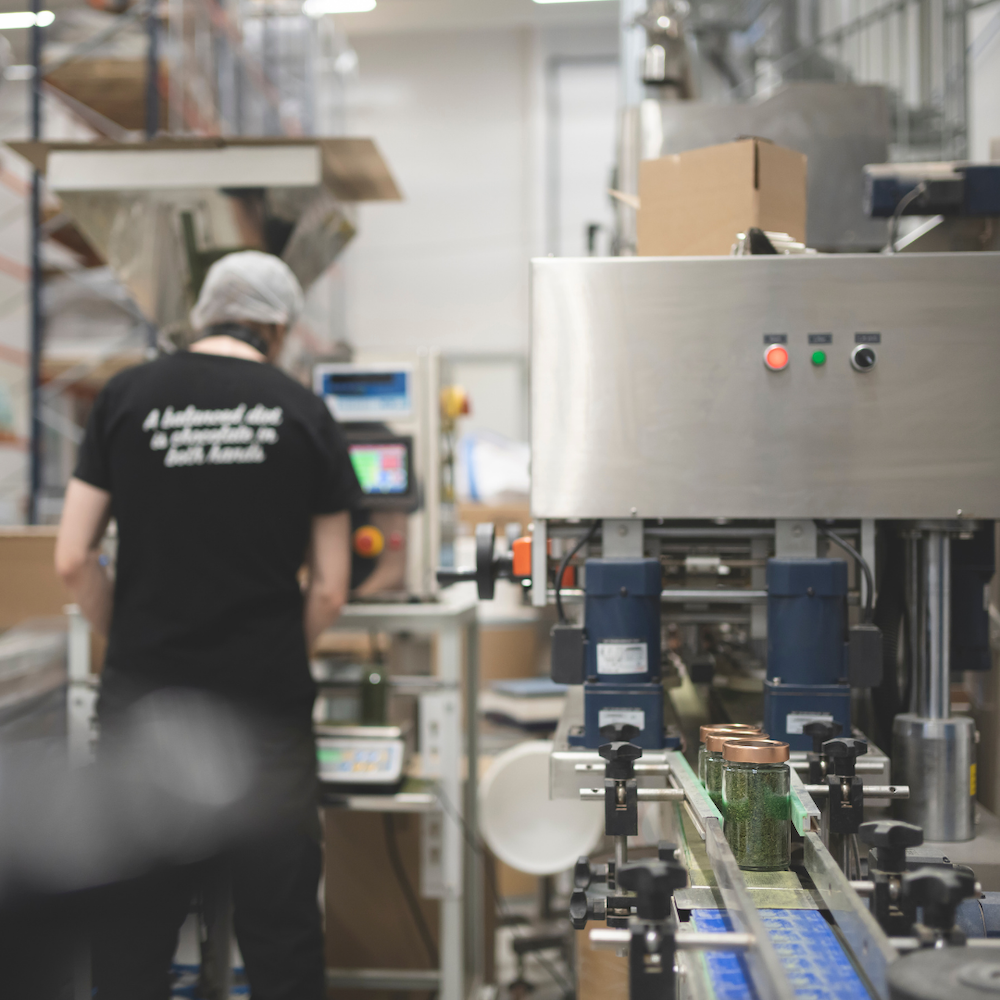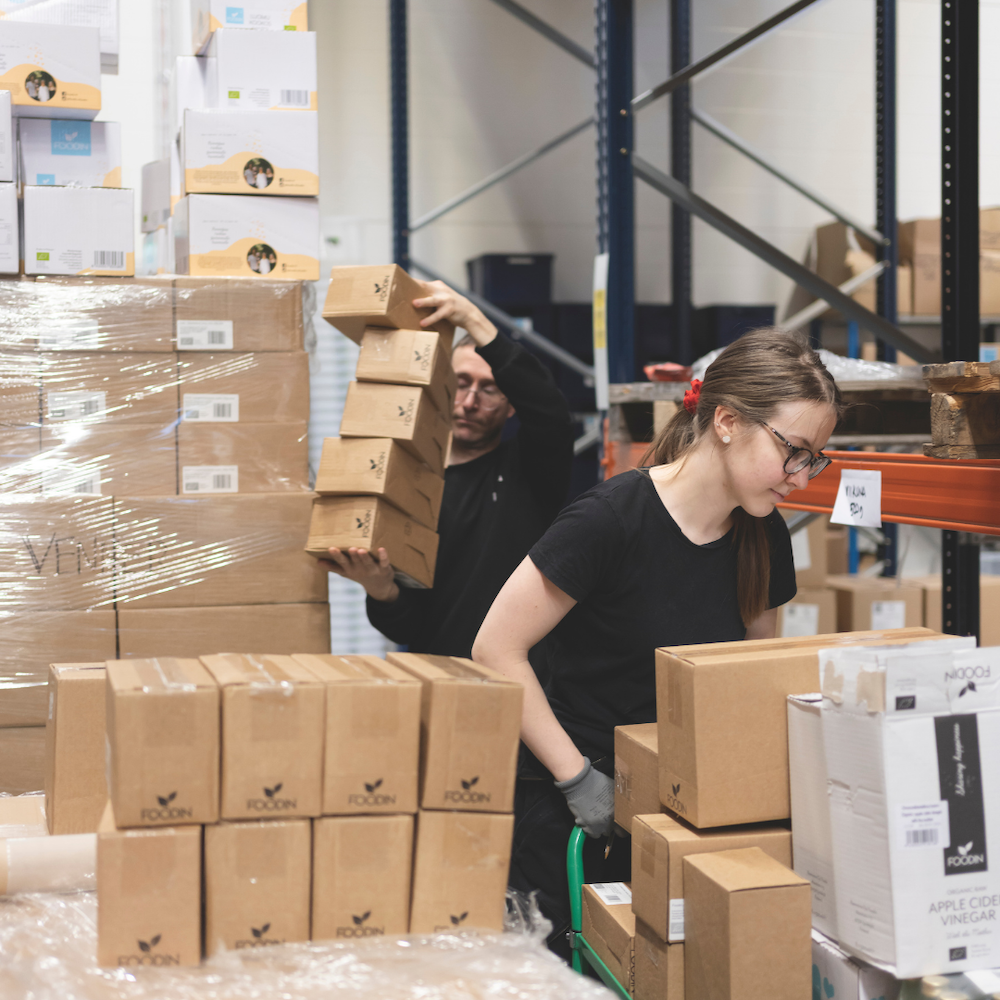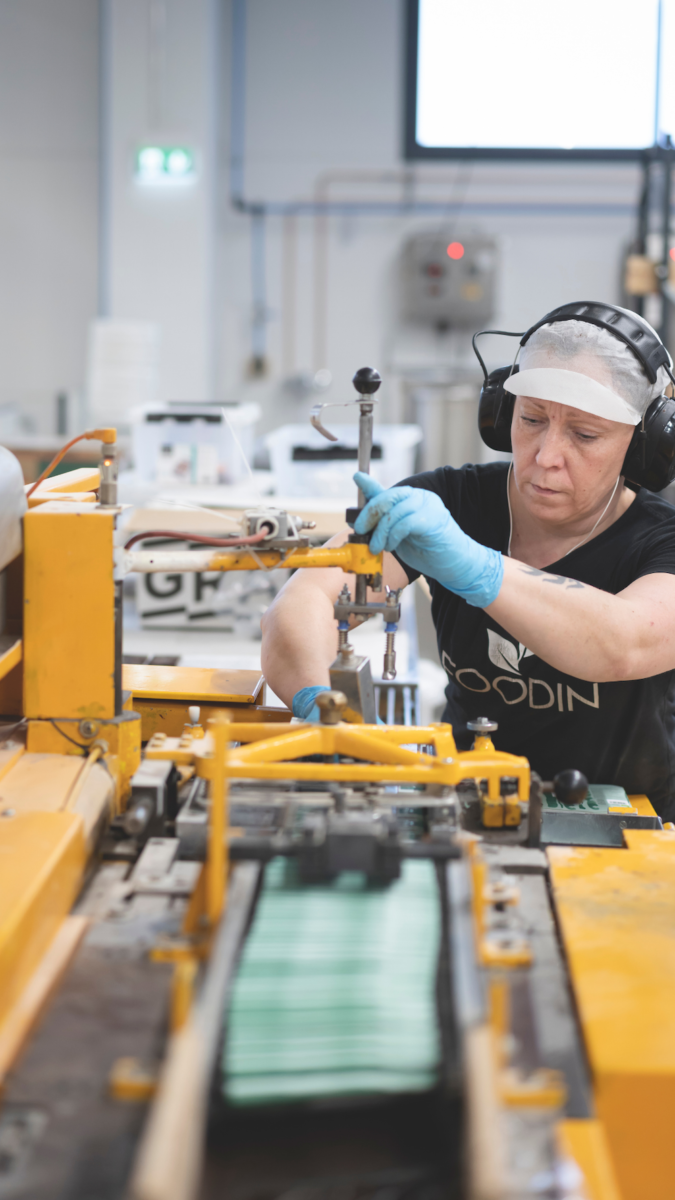Our mission is simple – we want to offer better food for a better tomorrow. Our purpose is to make healthy, versatile options available for everyone, and make choosing better easier. Our goal is to be the most relevant and purposeful player in the food industry in Finland. We concentrate on organic and forest farming, and our carbon neutral factory in Vaajakoski, Finland, utilises solely renewable energy sources such as solar energy, geothermal heat and heat waste recovery systems.
CARBON NEUTRAL CALCULATIONS PERFORMED BY ESTEEMED FINNISH COMPANY
At the beginning of 2021, we commissioned a study to measure Foodin’s climate emissions in our own production. The study included all procedures, from manufacturing the products to packaging at our own Vaajakoski factory. The study was conducted by the Finnish Green Carbon Finland, who specialise in calculating the carbon footprint of companies and products, reducing emissions and compensating for them accordingly.
RENEWABLE ENERGY SOURCES ARE KEY FACTORS FOR CARBON NEUTRALITY
Built in the autumn of 2020, our factory utilises geothermal heat and cooling as well as heat waste recovery systems. Together with renewable solar energy from the panels covering our factory roof, they enable our production to be carbon neutral.
We take pride in the solar energy panels that generate all the energy for our own production within the facility. We have calculated that the solar energy generated in the summer months exceeds our own needs, and can therefore be channelled back into the grid. Our estimation is that the 121 kWp solar panel system produces 103 MWh of electricity per year (calculated using Helsinki Energy’s guide for solar panels). Estimated over a five-month period, our production plant’s annual electricity consumption is approximately 72 MWh. Thus, an additional 31 MWh could be fed back into the electricity grid on an annual basis. This amount of electricity corresponds to 1.42 CO2e tonnes of emissions.
The amount of emissions has been calculated using the average emission factor of electricity produced in Finland during the summer months (May-August) (Fingrid 2020). The emission-free solar electricity supplied to the grid thus replaces the other electricity produced in Finland. Emissions from Foodin’s own operations (0.44 t CO2e) are lower than the emissions from electricity fed into the grid (1.42 t CO2e), which means that the production plant can be considered carbon neutral in terms of its own operations.
A CARBON NEUTRAL FUTURE: CALCULATING THE CARBON FOOTPRINT OF ORGANIC PRODUCTS IS STILL DEFICIENT
We will continue to thrive as pioneer in better nutrition, and we are constantly in search for better ways to conduct our business in an environmentally friendly and ethical manner. We are well on our way, but there is s still a lot to be done and to be developed, especially what comes to the measurement processes.
A good example of the need for development is measuring the carbon footprint of organic produce. The greatest challenge is that changes in the use of land are not taken into account in the calculations. For this reason, the benefits of forest farming are overlooked.
Foodin prefers forest farming in rainforest environments. Forest farming supports the biodiversity of the environment, and provides a living for the farmers in more than one way because of its versatility. Comparing traditional field farming and forest farming creates a drastic difference in the effects the farming has on the surrounding environment. The benefits of forest farming are therefore not only limited to low carbondioxide emissions.
“This is the key element to why we cannot state ourselves to be a thoroughly carbon neutral company – the data required simply isn’t available or valid. Wherever we are able to recover valid data, as we have done with our own facilities, we will. We want to show we are a sustainable company and we want our values to reflect into all our operations. We do not only wish to compensate for our emissions, but actively change our processes and operations to create more sustainable business” Foodin’s owner and creative director Maria Jalkanen sums up.
